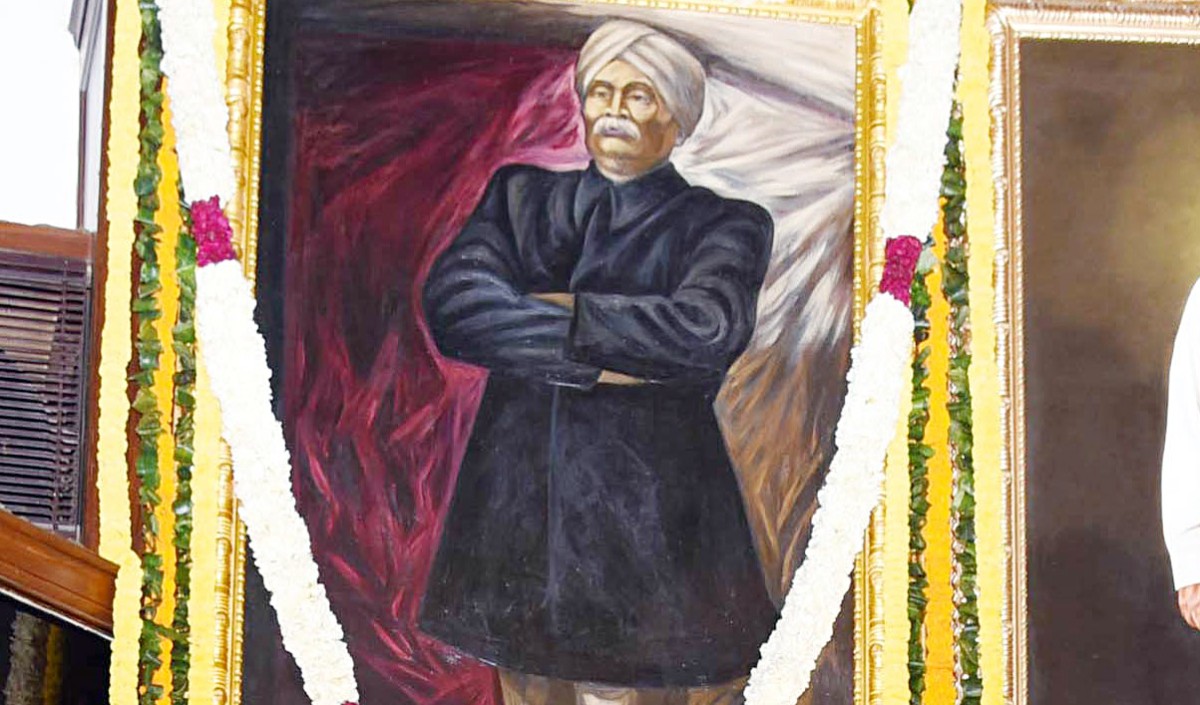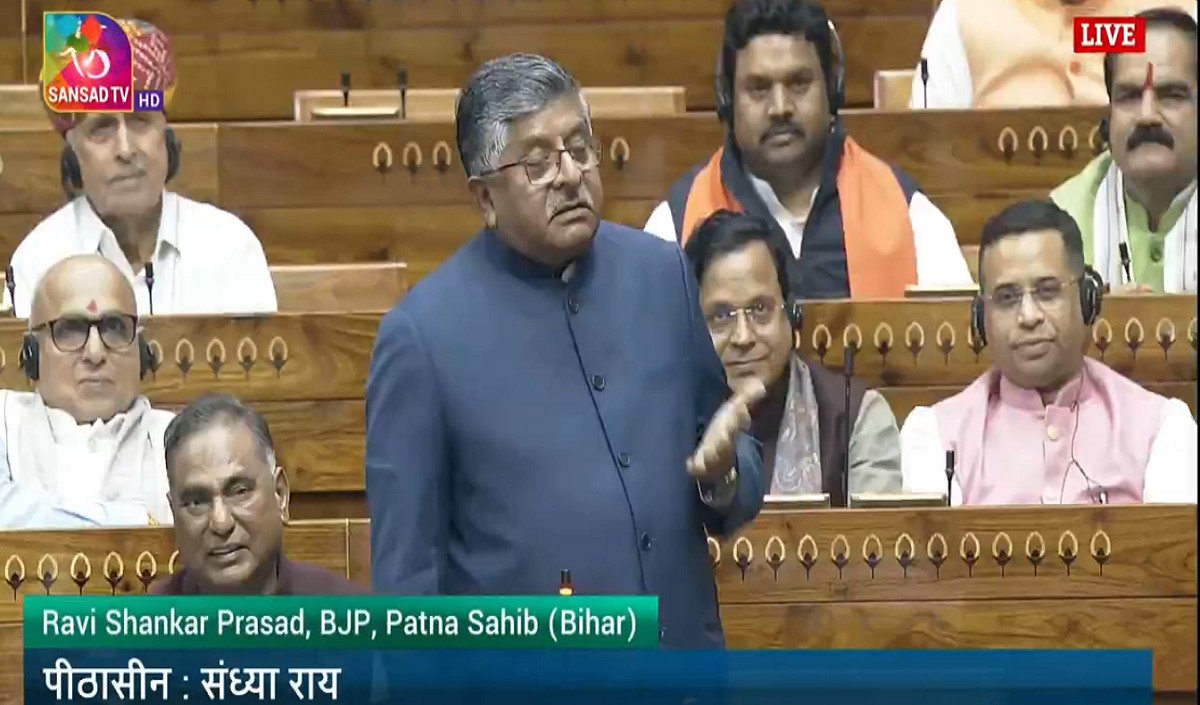There have been many such brave sons on the land of India, who did not care about their lives and made their lives laugh even to liberate this country. Sher-e-Punjab Lala Lajpat Rai was a great freedom fighter. Who sacrificed his life to liberate the country. Lala Lajpat Rai also founded Punjab National Bank and Lakshmi Insurance Company. He was one of the three prominent leaders of Garam Dal in the Indian National Congress.
Life introduction of Lajpat Rai
Lala Lajpat Rai, popularly known as Punjab Kesari, was born on 28 January 1865 in Ferozepur, Punjab. His father Munshi Radha Krishna Azad was a great scholar of Persian and Urdu and mother Gulab Devi was a religious woman. Lajpat Rai was very interested in writing and speech since childhood. He practiced for some time in Rohtak and Hisar cities of Haryana. People considered Lala Lajpat Rai a respected address by Sher-e-Punjab, considering him as the leader of the Garam Dal. Lala wanted to bring Swarajya from self -reliance.
Country service was hobby since childhood
Lala Lajpat Rai was fond of nation service since childhood. Therefore, he took a pledge long ago to free the country from British rule. During college days, he came in contact with the patriotic personality and freedom fighters Lal Hans Raj and Pandit Guru Dutt. He was in favor of adopting a revolutionary path to liberate the country from the British. Hence the policy of Lajpat Rai was against the Indian National Congress. Along with Bipin Chandra Pal, Aurobindo Ghosh and Bal Gangadhar Tilak, he also believed that the Congress policy was having a negative impact. He advocated Purna Swaraj.
Heart touching childhood story
A picnic was organized once by the school. Lala Lajpat Rai was also supposed to go in it. But neither did they have money nor goods in the house, so that their mother could make something to take on a picnic. When his father’s son did not break his heart, he was going to know about the neighbor’s house, so he came to know. He said Dad! Do not go for borrowing, I did not want to go on a picnic anyway. If I have to go, then there is date palm in the house, then I will take it.
Leaving advocacy and entered politics
Lajpat Rai left law and put his full strength in liberating the country. He felt that the atrocities of British rule should be put in front of the world. This will help in India’s freedom struggle from other countries. In this connection, Lala Lajpat Rai went to Britain in 1914 and then went to America in 1917. In October 1917, he founded the Indian Homerul League in New York. He then lived in America from 1917 to 1920.
Early opponents of Simon Commission were included
When the Simon Commission reached India on 3 February 1928, Lajpat Rai also joined his early opponents and started opposing this commission. This Simon Commission was a seven -member committee to review constitutional reforms in India and prepare a report. All of them came to India to prepare the constitutional structure in India on the basis of English intention. Which saw tremendous opposition in the whole country. With the Simon Commission coming to India, the fire of its protest spread throughout the country. People started coming out on the streets and on seeing this, the whole country resonated with the slogans of “Simon Go Back (Go back)”.
Martyrs of British cruelty
All the big revolutionaries of that time organized a protest in Lahore on 30 October 1928 in protest against the Simon Commission. Which was led by Lala. The British were badly shocked to see the public in this demonstration. Scared of this demonstration, the British lathi -charged Lajpat Rai and his party. The youth involved in this were brutally beaten. Lala Lajpat Rai was not afraid of this stick of the British and faced him fiercely.
Lalaji was badly injured in this lathicharge, after which his health started deteriorating and finally on 17 November 1928, the hero turned his eyes closed forever. Lalaji was the leader of the Garam Dal, Chandrashekhar Azad, Bhagat Singh, Rajguru, Sukhdev and Veer Krantikari considered them their ideals. When people came to know that the British brutally beat Lalaji, the hot party leaders got excited and on 17 December 1928, British police officer Sanders was shot dead to avenge Lalaji’s death. Later, Rajguru, Sukhdev and Bhagat Singh were sentenced to death in the case of murder of Sanders.





